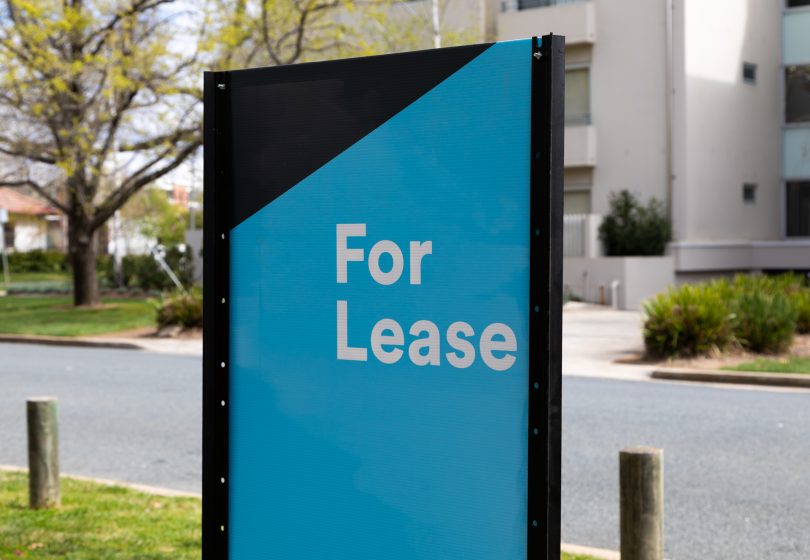
The changing rental market means tenants are calling for greater rights. Photo: Michelle Kroll.
It’s time for the property industry to accept that the rental landscape has irrevocably changed, partly due to the policies it has championed and benefited from for the past 25 years.
It is no coincidence that the rate of home ownership has fallen and continues to slide in this country at the same time tax settings favouring property investors and the sourcing of income from rents have become set in stone.
The industry argues that negative gearing and capital gains tax discounts are vital to the provision of rental properties, but this has led to a whole new class of investors who had the capacity to bid up prices which, together with government first-home buyer grants, have led to Australia having one of the most expensive housing markets on the planet.
Throw in government migration policy, the running down of social housing stock and the neglect of measures to actually boost housing supply, and you have a situation where more and more people are locked out of the housing market and are now resigned to renting.
The irony is that all the government effort to support home ownership has had the opposite effect.
Renting is no longer just a rite of passage where you would temporarily tolerate dodgy properties, dodgy landlords or their agents and leases that confer few rights before walking through the door of your own ‘castle’.
It is now a way of life fraught with shock rent rises, unmaintained properties and sudden lease terminations.
It’s a casino where the odds are stacked against you, and with every spin of the roulette wheel, you hope the next move will not be for a while.
Of course, landlords will say it is also an insecure business for them, but in an era of minuscule vacancy rates and more renters than ever to choose from, they are well and truly in the driver’s seat.
So it is no surprise that governments are now redressing the imbalance by giving renters more rights, particularly around security of tenure and minimum property standards.
This week’s draft Residential Tenancies Amendment Bill from the ACT Government has been well flagged and is the product of already extensive consultation.
The position of the real estate industry has not changed since the changes were first proposed. It says they will simply lead to landlords’ greater costs being passed on in higher rents or an exodus from the market.
First, rents are already among the steepest in the country so further increases will be hard to justify or sustain. Secondly, with returns and capital gains being so consistently high and reliable, a stampede is unlikely.
Those who may decide to leave probably are operating an unsustainable business model despite all the tax advantages they enjoy.
Tenants deserve a level of security and homes that are maintained and do not cost a fortune to heat or cool.
There are sound economic and health reasons for this and the demands of the property industry should not override them.
The government says it has taken a balanced approach so that landlords can still manage their properties effectively, and so they will.
The industry should stop crying foul about changes that are not only just but overdue and learn to work within the new property environment that it has helped build.




















